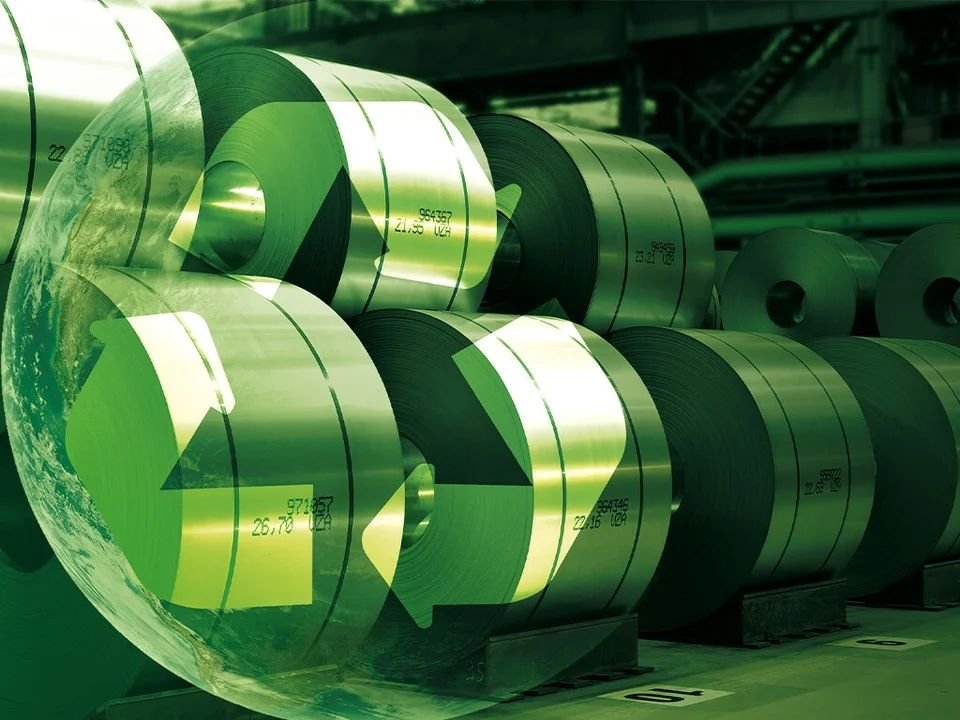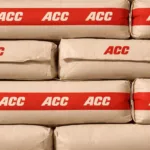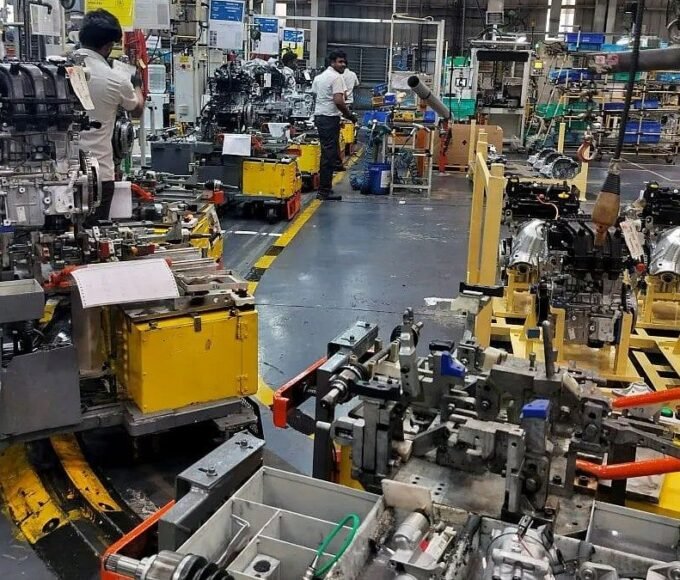Recent Posts
Indian Exporters Call for Mandatory Carbon Emission Disclosures in Steel Industry

Indian engineering goods exporters have urged the government to mandate carbon emission disclosures from steel manufacturers to align with the European Union’s Carbon Border Adjustment Mechanism (CBAM). The Engineering Export Promotion Council (EEPC) emphasized that transparency in emissions data is essential for downstream industries to meet EU compliance when exporting steel products.
CBAM aims to level the carbon costs between EU-produced goods and imports by imposing carbon taxes on products from countries with less stringent climate policies. This mechanism ensures competitiveness for EU industries while adhering to climate goals. To meet these requirements, EEPC stated that a significant portion of carbon emissions occurs during the raw material stage, particularly in steel production. Therefore, accurate carbon emission data is vital for representing the environmental impact of products.
The council called for mandatory inclusion of carbon emissions data in product test certificates from both primary and secondary steel manufacturers. This step, EEPC argues, would enhance transparency and strengthen India’s global trade position.
Additionally, EEPC recommended that the Indian government incorporate a ‘carbon border tax’ as a priority in ongoing Free Trade Agreement (FTA) negotiations with the UK and EU. Such a tax would help preserve the benefits of FTAs while addressing evolving climate-conscious trade policies.
“India must recognize the growing significance of environmental compliance in international trade. Proactively aligning with global standards will ensure our industries remain competitive,” the council stated.
The call for action comes as the EU strengthens its climate policies, with CBAM set to impact industries like steel, cement, and aluminum. Indian exporters fear that non-compliance could lead to increased costs and reduced market access.
The EEPC’s recommendations align with India’s broader goals of sustainable development and competitive global trade, urging swift policy action to adapt to these challenges.
- Buildwatchnews
- Carbon Border Tax
- Carbon Emissions
- Carbon Footprint
- CBAM
- Climate Conscious Trade
- Climate Policy
- Engineering Exports
- Environmental Transparency
- EU Climate Rules
- Export Compliance
- Free Trade Agreements
- Global Markets
- Global trade
- Green Economy
- Green Trade
- Indian economy
- Indian exports
- industrial sustainability
- Steel Emissions
- Steel Industry
- Steel Manufacturers
- Sustainability
- sustainable manufacturing
- Trade Policy
Recent Posts
India’s Industrial Output Records Strongest Growth in Over Two Years
January 29, 2026Categories
- Acquisition3
- Airport25
- AP147
- Apartments163
- Architecture1
- Bengaluru271
- Budget3
- Budget 202521
- Cement194
- Chennai499
- Construction1,110
- Construction Material Price Updates1
- Corporation5
- CREDAI69
- Editors Pick43
- Equipment57
- Events12
- Export55
- GST18
- Highways136
- Hotel26
- Housing250
- Hyderabad129
- import59
- India340
- Industrial494
- Infrastructure798
- Interiors32
- Investment124
- Iron Ore90
- Karnataka128
- Kerala71
- Labour12
- Land203
- Leasing3
- Logistics85
- Market Updates631
- Metal158
- Metro121
- Mining109
- MSME23
- News2,125
- NHAI109
- Office Space16
- Paints43
- Port10
- Power Shutdown1
- Properties194
- Puducherry13
- Railways12
- Real Estate947
- Rental3
- Results3
- Road251
- Sand43
- Short News117
- SIPCOT24
- Steel Daily503
- Stocks91
- Tamil Nadu555
- Technology131
- Telangana139
- TIDCO16
- Trade135
- Trending News1,171
- Video2
- warehouse96
Related Articles
Special Purpose Vehicle Formed to Develop Mega Shipbuilding Cluster at Thoothukudi
India’s first mega shipbuilding cluster is set to take shape at Thoothukudi...
BySamrita JosephJanuary 29, 2026India’s Industrial Output Records Strongest Growth in Over Two Years
India’s industrial production posted its fastest growth in more than two years...
BySamrita JosephJanuary 29, 2026L&T Q3 FY26 Results: Profit Dips on One-Time Provision, Revenue and Orders Stay Strong
Larsen and Toubro reported a marginal decline in Q3 FY26 net profit...
BySamrita JosephJanuary 29, 2026NHAI Seeks Bids for Rs 51.27 Crore Tunnel Underpass on Bengaluru Airport Highway
The National Highways Authority of India has invited bids worth Rs 51.27...
BySamrita JosephJanuary 29, 2026















Leave a comment